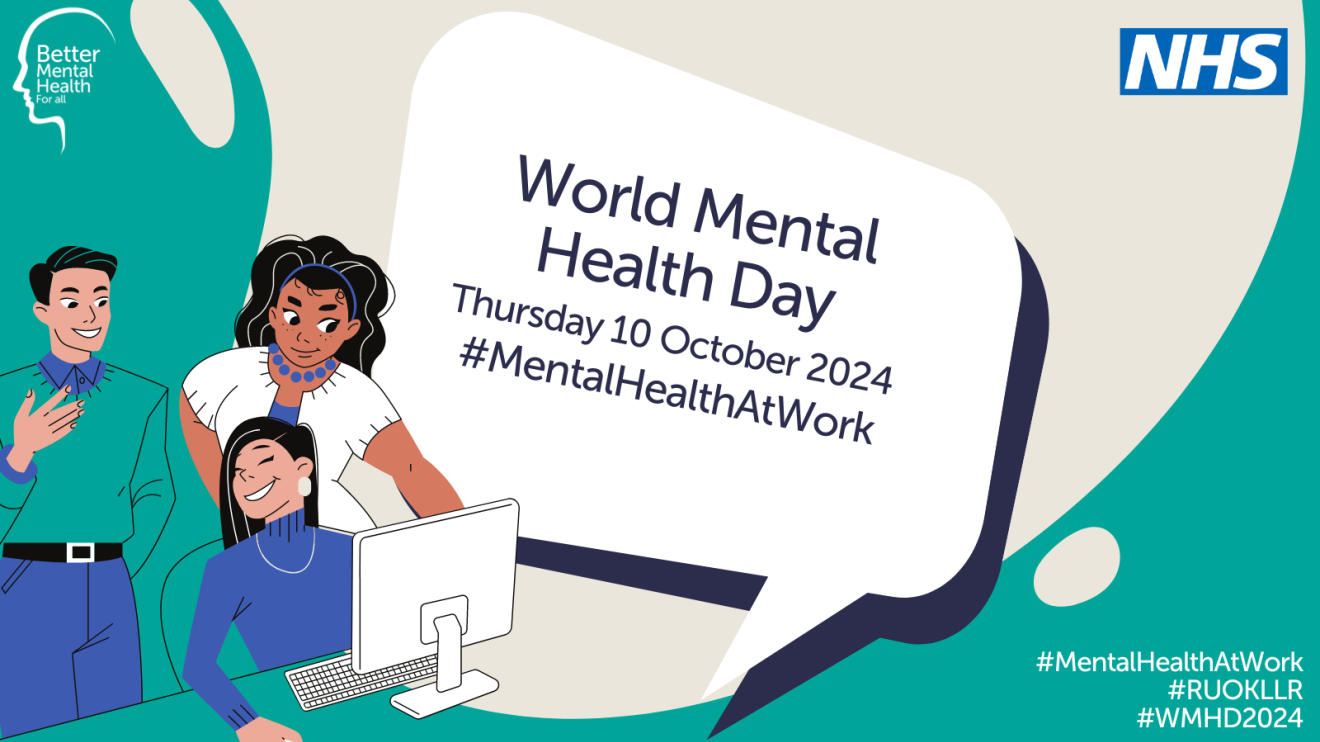
As we observe World Mental Health Day (10 Oct), it’s crucial to shine a light on one of the most pressing issues affecting us at work: burnout. In our fast-paced world, more employees are experiencing chronic stress that leads to burnout.
Burnout doesn’t happen overnight. It’s gradual and can take hold before you’re truly aware of it. It doesn’t just affect individual wellbeing; it has far-reaching consequences for organisations too.
What is burn out?
Burnout refers to a collection of symptoms. Burnout can happen if you’re constantly under lots of pressure from work.
Burnout symptoms can be physical, emotional, and behavioural. This acronym will help identify the signs:
Becoming isolated, appearing withdrawn or detached
Unexplained exhaustion, persistent fatigue with no known cause
Reduced performance, unable to meet demands
Neglecting self-care, ignoring own health and wellbeing
Overwhelmed, feel overloaded and unable to cope
Uninterested, feel defeated, cynical or persistent negative thoughts
Tension and stress felt both physically and emotionally
So, what can you do practically to help prioritise your mental health to prevent burnout, specifically at work?
It’s time to have a chat:
It is extremely important to talk to your line manager or perhaps a designated wellbeing colleague who can support you at work. They should be able to offer you some solutions or create a plan moving forward that can make you feel better.
Take a step away:
We all need a break from the pressure of work sometimes, so it’s important to take all your allocated annual leave during the year (this is what it’s there for!). Having some time off, even if it's just to stay at home, means you can reset and recharge.
It might be that you need some extended medical or sick leave if you are feeling your mental health is getting poorer. Always seek a medical professional opinion and discuss this with your manager first.
Look after your body:
As basic as it sounds, getting a consistent good night’s sleep (lying in bed on your phone doesn’t count…) can help reset your body and help you tackle the next day with a fresh mind.
Drinking enough water and eating at regular times can also help you feel better and think a little clearer, as well as ensuring you have regular breaks throughout the day.
Do something every week that sparks joy:
Make sure you set aside specific time for having fun, try to do something for you every week. Whether that's watching TV, reading a book, taking a long walk, or seeing friends and family, self-care looks different for everyone. Sometimes, having something non-work related to look forward to can help prevent burnout.
Set some boundaries:
Try to finish your workday on time. Sometimes it feels easier to work late into the evening to try and get everything done. Occasionally this is okay but try to make sure you finish work on time most days. If you're consistently working more hours than you're contracted to, this is a sign that your job is too much for one person – and it's something you should speak to your manager about.
Working outside your working hours, like through your weekends, means you aren’t taking a break. Again, if you feel like you are having to work outside your normal hours to keep on top of your workload then this is something that needs to be discussed at work. Never feel pressured to take on more work during outside working hours.
For many of us who work from home, the blurred boundaries between home and work can make it much harder to realise when we're headed for burnout.
Remember your mental health and wellbeing is the most important thing and you are never alone. There is help and support out there for you.
Burnout resources can be found on the Mental health UK website.
For mental health support, head to our Start a Conversation website.
For urgent mental health help call 111 option 2, in a life-threatening emergency always call 999.